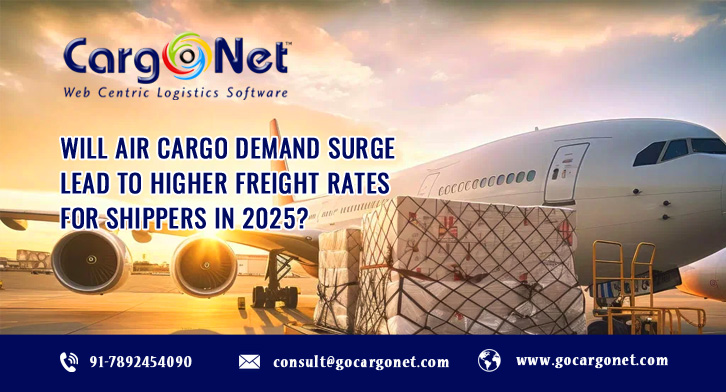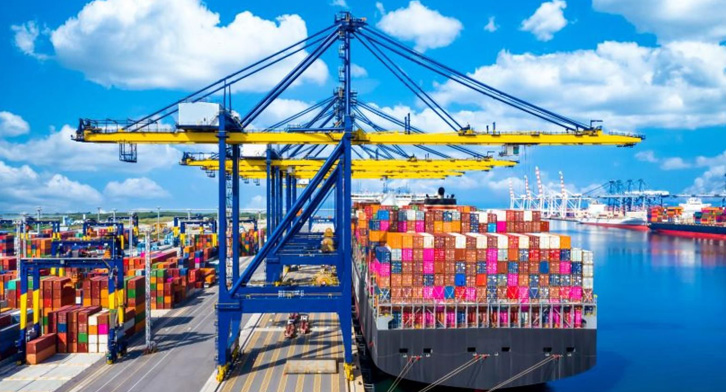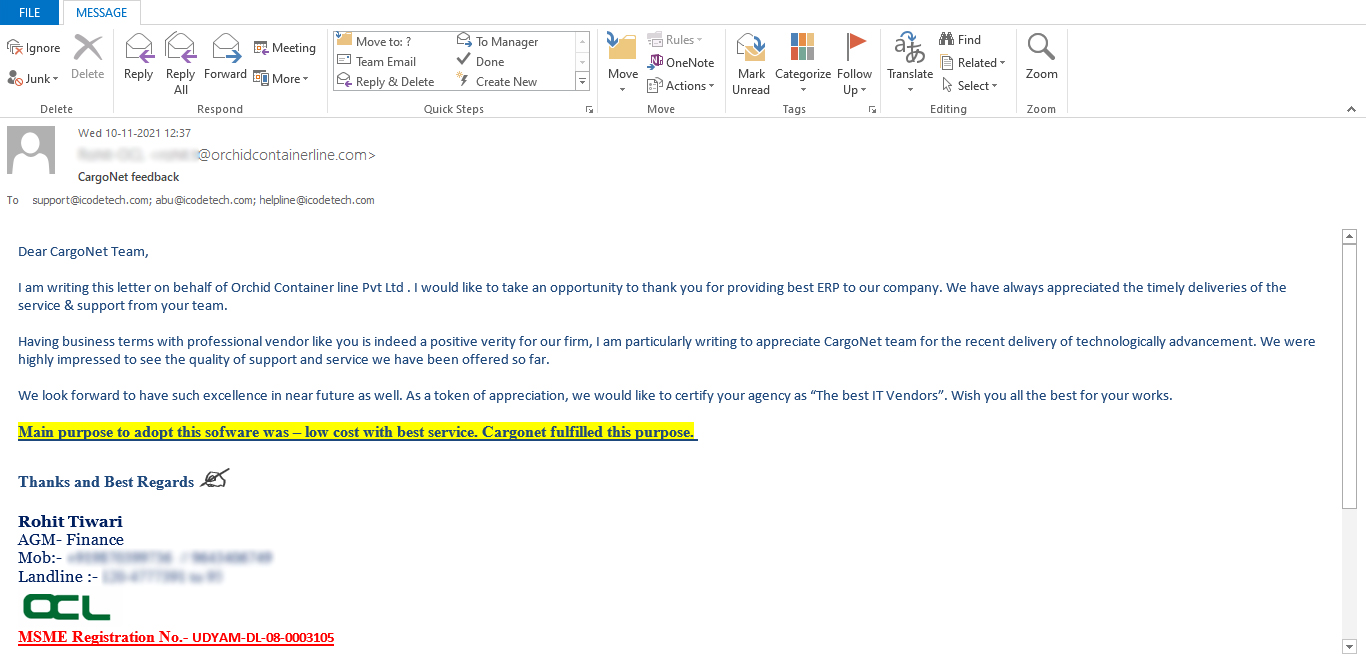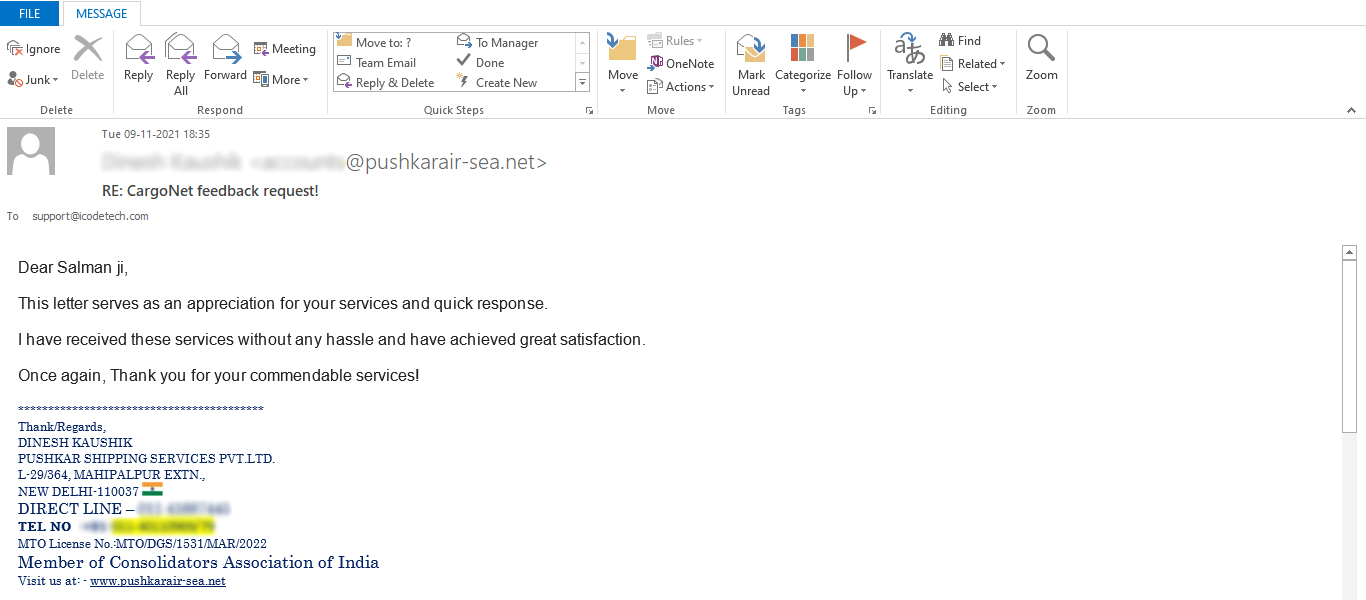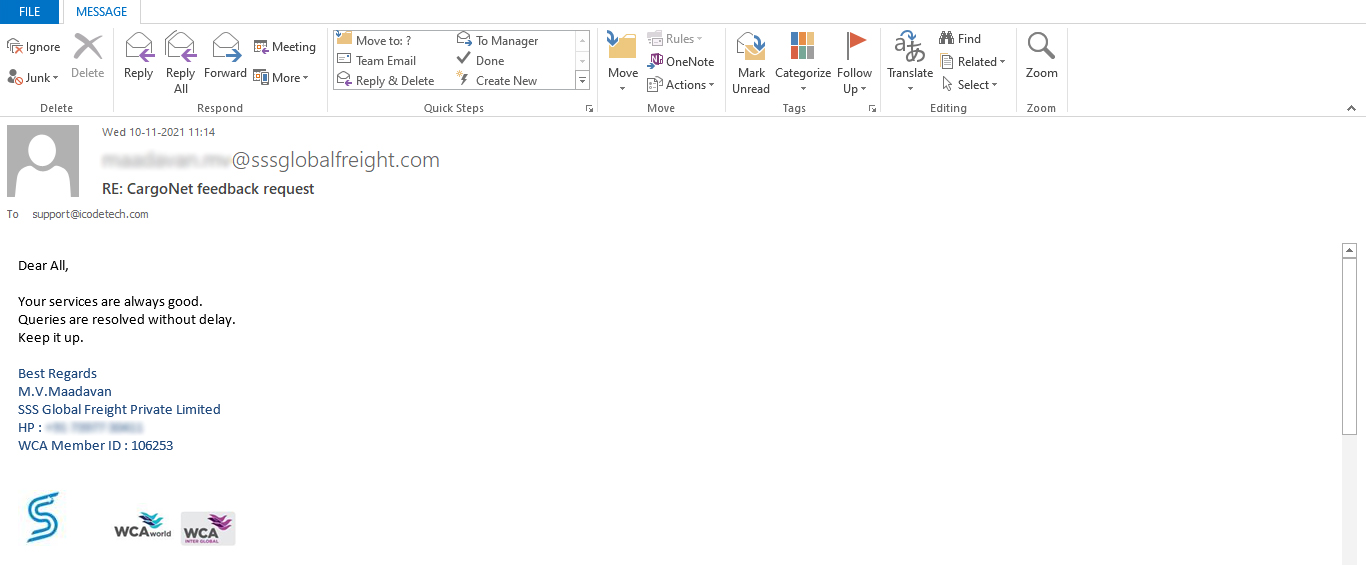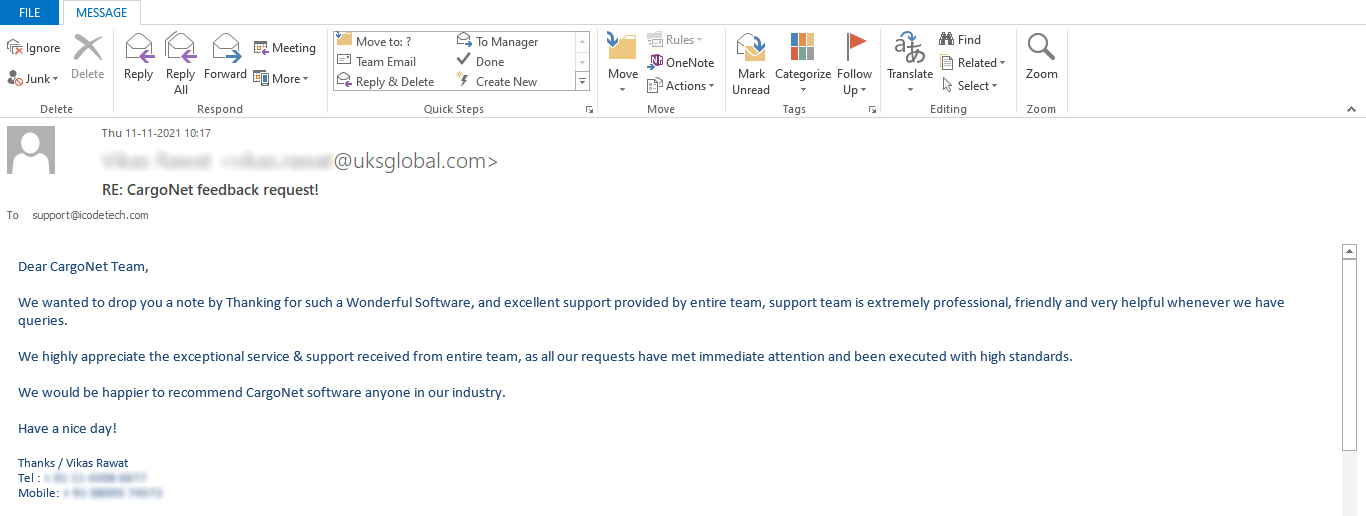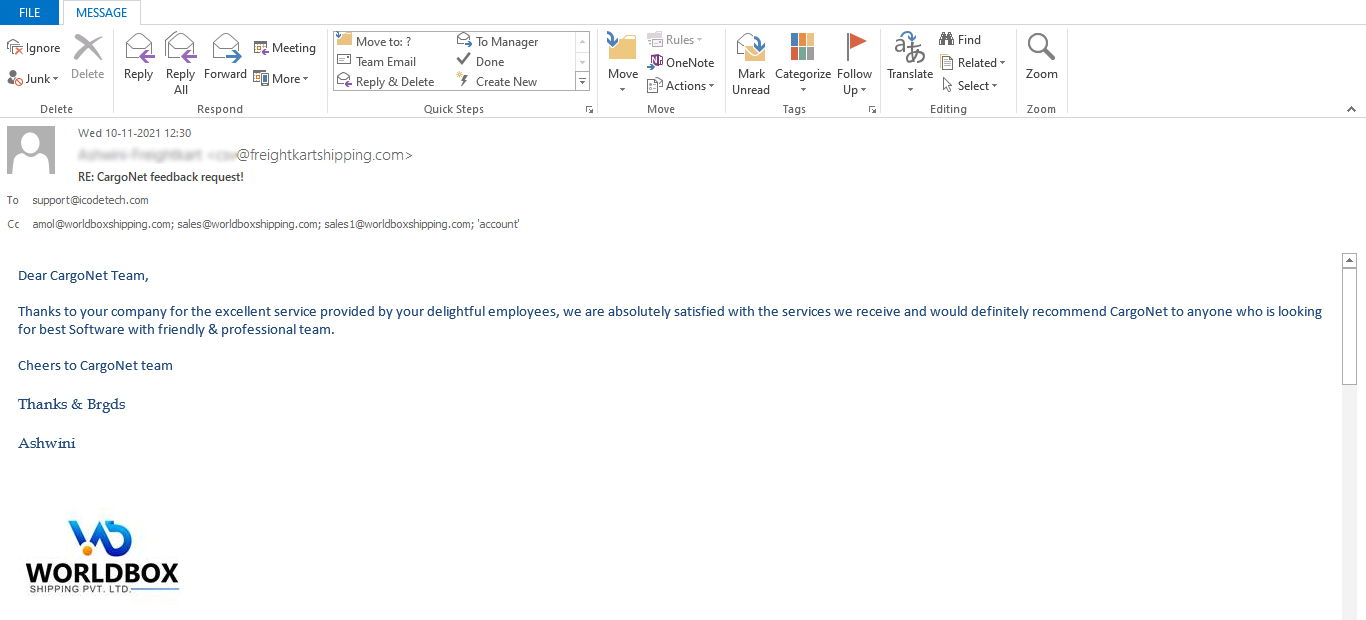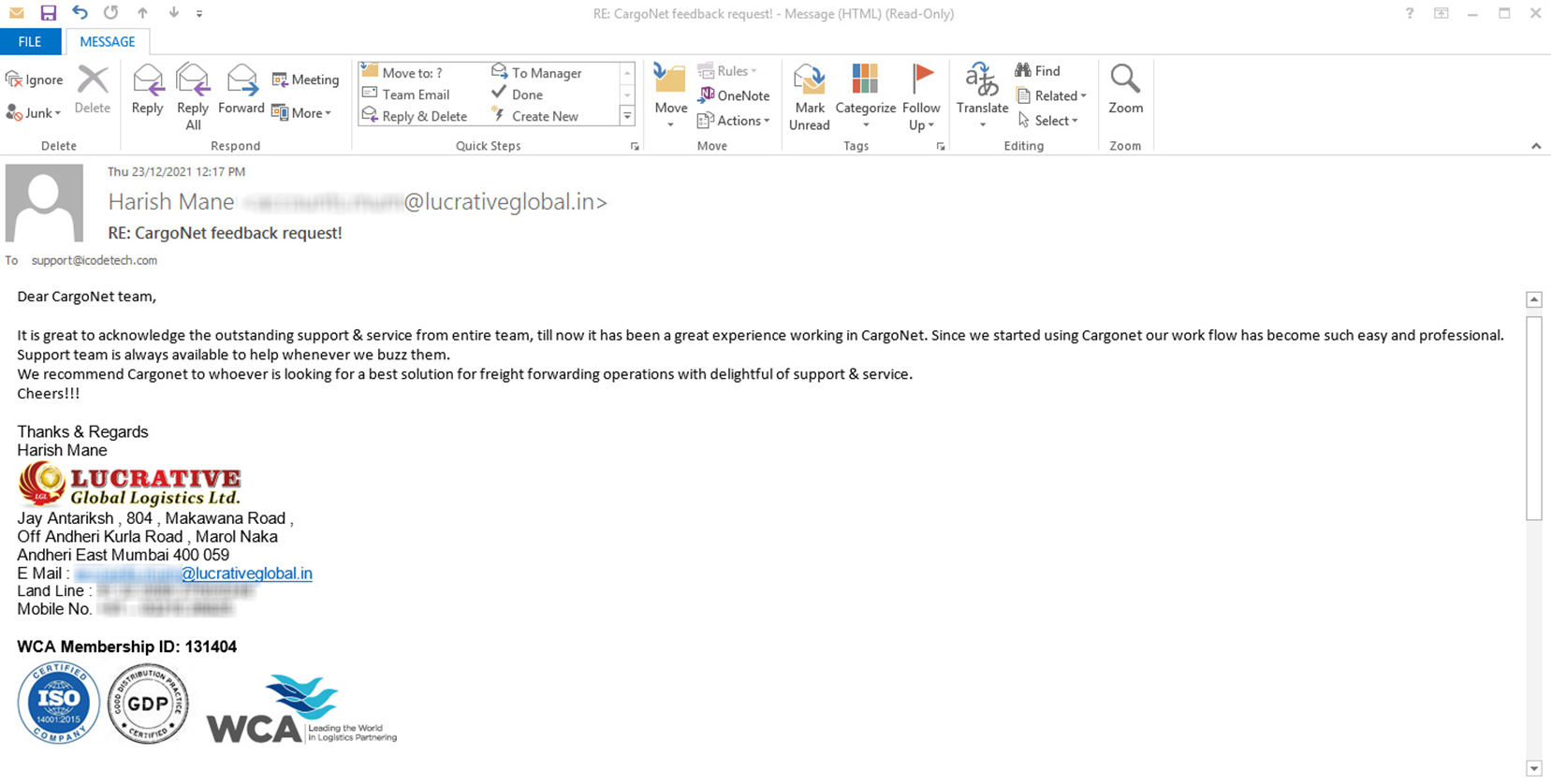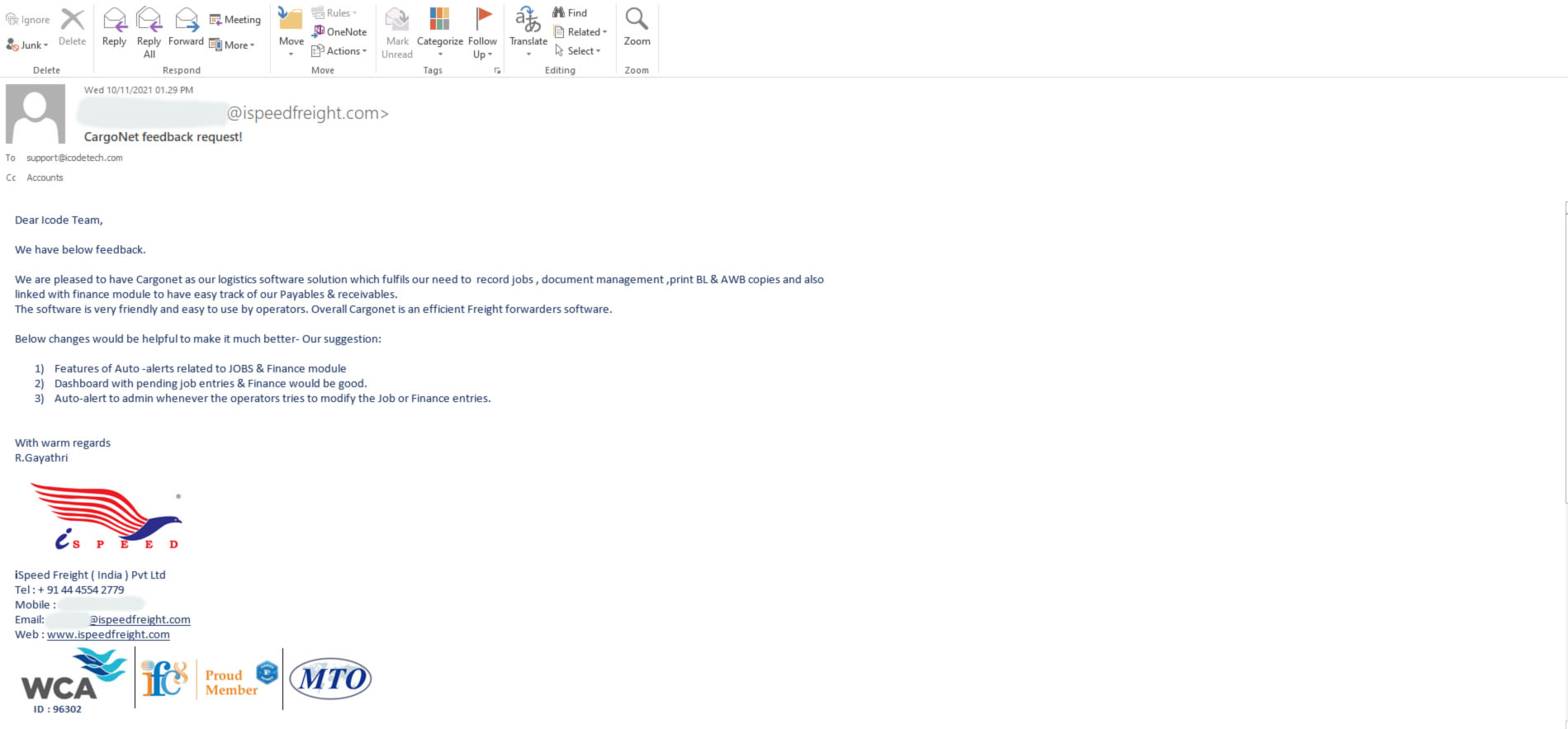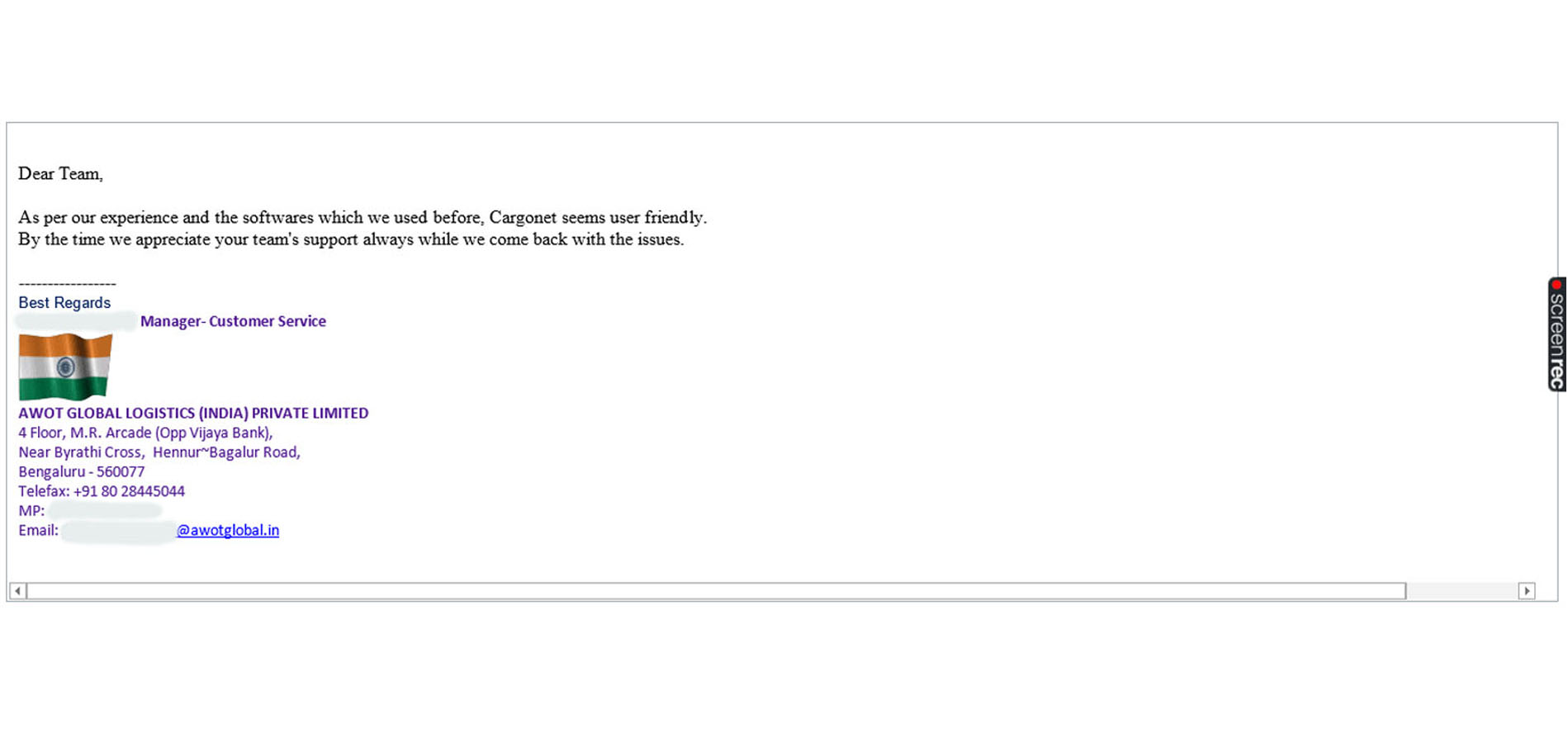The air cargo market is entering a period of significant growth as businesses increasingly prioritize fast and reliable shipping solutions. According to the International Air Transport Association (IATA), global air cargo demand is expected to rise by 4.9% annually from 2023 to 2025. This surge is largely driven by the rapid expansion of e-commerce, where consumers expect quicker deliveries, and the healthcare sector, which relies on air cargo for the timely transport of medical supplies, vaccines, and other critical products. While this growth presents new opportunities for the logistics industry, it also comes with challenges. Rising demand may lead to increased air freight rates, putting pressure on shippers to manage costs while meeting customer expectations for speed and efficiency.
Understanding the reasons behind this demand and preparing with the right tools and strategies can help shippers reduce costs and stay competitive. Solutions like CargoNet can play a crucial role in optimizing air freight operations and managing rising expenses.
What’s Driving Air Cargo Demand?
1. E-Commerce Growth
The e-commerce industry is growing fast, with global online sales predicted to exceed $7.4 trillion by 2025. As customers demand faster deliveries, businesses are increasingly turning to air cargo to meet these expectations. This is particularly vital for global giants like Amazon and Alibaba, where speedy shipping plays a key role in ensuring customer satisfaction.
As more businesses shift to online platforms, air freight is becoming a preferred choice for delivering high-value and time-sensitive goods. From electronics to fashion, the need for speedy delivery is driving air cargo demand like never before.
2. Healthcare and Pharmaceuticals
The healthcare industry is also a significant driver of air cargo growth. Products like vaccines, medicines, and other temperature-sensitive items often need to be transported quickly and under strict conditions. Air freight is the most reliable option for ensuring these items reach their destinations on time and in perfect condition.
Global spending on pharmaceuticals is projected to reach $1.8 trillion by 2025, according to the World Health Organization (WHO). This increase means more reliance on air cargo to maintain cold chains and support healthcare supply chains globally.
3. Supply Chain Changes
Global supply chains are undergoing significant changes due to disruptions caused by geopolitical issues, pandemics, and trade policies. Many companies are shifting from traditional shipping methods like sea and rail to air freight for faster and more reliable delivery.
Air cargo is now the preferred option for high-priority and time-sensitive shipments. According to the International Air Transport Association (IATA), although air freight accounts for less than 1% of global trade by volume, it handles 35% of trade by value, emphasizing its importance for industries dealing with high-value goods.
Challenges for Shippers in 2025
While the demand for air cargo is growing, it comes with its share of challenges that shippers must address to stay competitive:
Rising Costs: The limited availability of cargo space, coupled with higher demand, is pushing freight rates upward. Reports from Drewry show that air cargo costs increased by 6% globally in 2023 alone. This trend is expected to persist as demand continues to rise.
Sustainability Requirements: Governments and regulators are pressing for greener logistics solutions. Airlines are investing heavily in sustainable technologies, such as fuel-efficient planes and carbon offset programs. While these changes are good for the environment, they often result in additional costs that are passed on to shippers.
Airport Congestion: The rising volume of cargo shipments can strain airport infrastructure, leading to delays and higher handling fees. This is especially true during peak seasons like holiday periods when air freight demand skyrockets.
How CargoNet Can Help
In an increasingly complex logistics environment, CargoNet offers a range of software tools to help shippers and freight forwarders overcome challenges and streamline their air freight operations.
Real-Time Tracking: Stay updated on the exact location and status of shipments throughout their journey. This allows you to quickly address potential delays and provide better service to your customers.
Freight Rate Management: Compare rates from multiple carriers and choose the most cost-effective options. This feature helps shippers avoid overpaying for freight services.
E-Invoicing: Automate the invoicing process to save time, reduce errors, and improve cash flow. Digital invoicing also makes it easier to track and manage payments.
Data Analytics: Access powerful insights into shipping trends, performance, and costs. By analyzing this data, businesses can make smarter decisions to optimize their logistics operations.
CargoNet’s cloud-based platform is designed to integrate seamlessly with existing systems, making it easy for businesses to improve efficiency and control costs in a competitive air cargo market.
Tips for Shippers to Manage Costs
1. Use Advanced Technology
Technology is a game-changer in today’s logistics landscape. Tools like CargoNet enable shippers to optimize routes, predict demand fluctuations, and avoid unnecessary expenses. By using automation and AI-driven solutions, businesses can save both time and money.
2. Plan Ahead
Booking cargo space well in advance can help secure lower rates, especially during peak seasons when demand surges. Proactive planning also allows shippers to avoid last-minute charges and unexpected delays.
3. Diversify Shipping Options
Relying solely on air freight can be costly. A smart strategy is to combine air freight with other modes of transport, such as sea or road. CargoNet’s software supports multi-modal logistics, helping businesses find the best balance between speed and cost.
Looking Ahead to 2025
By 2025, the air cargo industry is expected to handle more than 68 million tonnes of freight annually (IATA). While this represents significant growth opportunities, shippers must prepare for the challenges of rising costs and tighter competition.
Investing in advanced logistics tools like CargoNet can help businesses:
- Reduce operational costs.
- Improve supply chain efficiency.
- Stay ahead of competitors in a fast-changing market.
By combining smart planning, technology, and a flexible approach, shippers can thrive in the dynamic air cargo market of 2025.
Conclusion
The rising demand for air cargo presents both opportunities and challenges for shippers. While higher costs are a concern, businesses that adapt quickly and use innovative tools like CargoNet can stay competitive and meet customer expectations.
Ready to optimize your air freight operations? Discover how CargoNet can help by visiting CargoNet Official Website.


